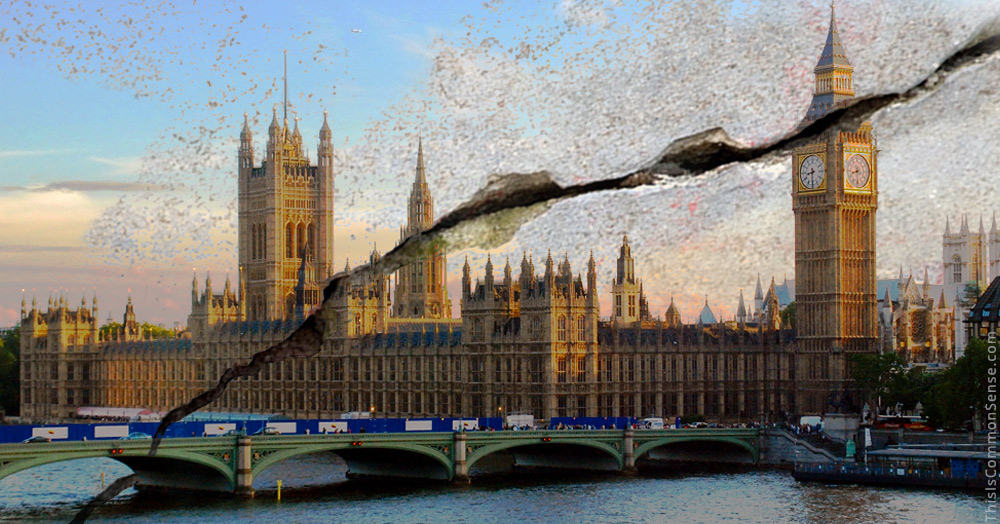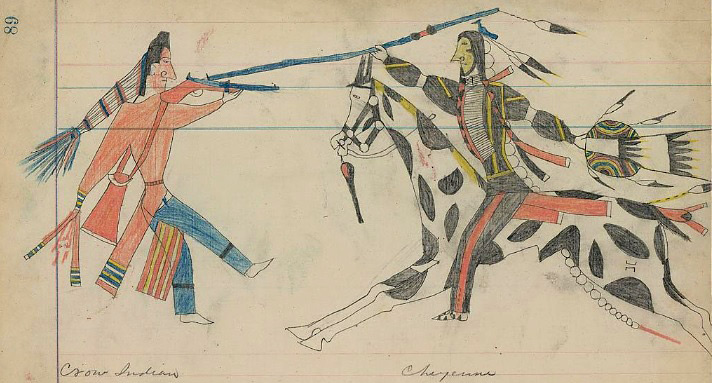The British may spell their words in funny ways, but their political problems do not seem all that foreign. Their left-of-center party has gone far left, Marxoid left; their right-of-center party has gone ultra-incompetent.
A healthy majority of Brits disapprove of both parties. So, no wonder many Brits are looking to create a new one.
A new centrist political party, no less.
Over at The Economist, the columnist writing under the name “Bagehot” (pronounced “badget”) predicts that this hope will be dashed, for at least three reasons:
First, Britain already has a centrist party, and it is not doing very well.
Second, there sure are a lot of contenders — 35 new parties have been formed just this year, including one called, with humble brag, “Sensible” — and all that competition fractionalizes the vote.
Third, the country sports the same system of vote counting and elections as America does, first-past-the-post, which “is hard on startups.”
That last point is worth thinking about. In multi-candidate races, the British-American electoral system declares as winners those who obtain a bare plurality of votes — thus ignoring the preferences of those who vote for minor party candidates. This means that those who “waste” their votes not only hurt the candidacies they like as second-best but also insulate the second-best parties from those voters’ influence. So the parties become narrow-minded and unhinged from an interested group of voters.
Bagehot thinks Britain’s centrists need to rethink, conjure up some new ideas. But what they need to do first is fix a system that prods political parties away from new ideas.
This is Common Sense. I’m Paul Jacob.



